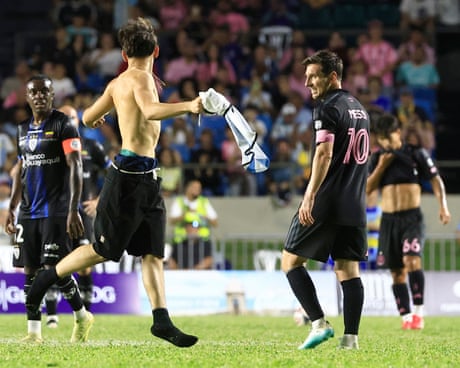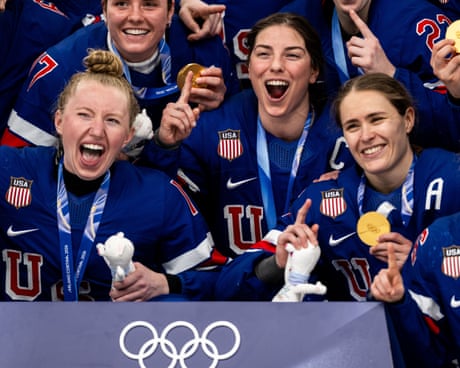
EDMONTON — After a COVID-induced delay, a summer of difficult conversations and a handful of high-profile players taking a pass, it’s finally time for Team Canada to get down to business at the 2022 World Junior Championship.
The tournament kicked off Tuesday in Edmonton, but Canada doesn’t play its first game until Wednesday evening, taking on a Latvian team that is only here because Team Russia is suspended from the event.
It’s understood, in terms of real-life significance, that the war preventing Russia from taking part and the troubling revelations about Hockey Canada stemming from the re-examination of a sexual assault case it settled with a woman following an alleged assault by multiple members of the 2018 team dwarf anything that happens at a sports competition. That said, the fact is there are 25 Canadian players here lacing up their skates with the sole purpose of winning a gold medal they’ve reached for most of their hockey-playing lives.
Support for survivors
If you or someone you know has experienced sexual violence and is in need of support, those in Canada can find province-specific centres, crisis lines and services here. For readers in America, a list of resources and references can be found here.
“A lot of excitement,” said goalie Dylan Garand when asked about his feelings on the eve of the first game. “A lot of us haven’t played in a couple months, for me personally it’s been two months, so to be able to [play]in the summer and do what you love at a high level at a tournament like this is really exciting .”
Canadian captain Mason McTavish could have easily joined the likes of 2021 first-overall pick Owen Power or heralded Montreal Canadiens prospect Kaiden Guhle — who wore the ‘C’ for Canada back at Christmastime before the event was cancelled after four days of competition — in skipping the event to prepare for the upcoming NHL campaign with the Anaheim Ducks. Heck, he could have even claimed exhaustion after his season stretched all the way to the Memorial Cup final on June 29. Instead, he’s here centering Canada’s top line because he wasn’t willing to close the book on a boyhood dream.
“That was it for me, just a lot of pride for my country,” said McTavish, who — along with WJC teammate Kent Johnson — also suited up for Canada at the Olympics in February.
McTavish and Johnson are two of the 16 players returning from the winter squad to give this another go, perhaps none more excited to do so than 2023 NHL Draft headliner Connor Bedard. Speaking after Canada won its lone pre-tournament game versus Sweden on Monday night — a feisty 4-3 affair that included several big hits and post-whistle roughhousing — the eagerness in Bedard’s voice was unmistakable. “It means everything,” he said of getting another kick at the can after he had four goals in two contests at the truncated winter event. “It’s hard to start something and not have a chance to finish it. When it got announced, I was excited, texting with some of the guys, we were all really excited. It’s been fun [being at training camp]and we’re looking forward to getting the real games going.”
Naturally, the players who didn’t originally make the team but are part of the squad now are also pretty stoked. The second-chancers include Quebec Major Junior Hockey League scoring champion Joshua Roy, who coach Dave Cameron now has on the left side of the top line with McTavish and Bedard.
“Life is opportunity, you don’t know when it’s coming, it doesn’t always go the way we draw it up,” said Cameron in reference to the guys getting their shot now. “So when that second opportunity comes, which it does in a lot of cases, then you have to be ready to grab it.”
Still, even if Canada’s unequalled depth allows the team to retain its status as a pre-tournament favourite, the absence of hulking D-men like Guhle and Power is notable. In their stead, expect a couple of modest-sized defencemen — Olen Zellweger and Lukas Cormier — to see a lot of ice. The blueline also features Donovan Sebrango, Ronan Seeley, Jack Thompson and a pair of Minnesota Wild prospects, Carson Lambos and Ryan O’Rourke. Despite the missing horses, Cameron likes his group.
“We’re happy with our ‘D’ corps,” he said. “We think we’re deep, we think we have a good mix; size, speed, skill, physicality.”
Cameron said Sebastian Cossa — no stranger to Edmonton, having backstopped the Western Hockey League’s Oil Kings the past three years — will start against Latvia, with Garand likely to get the second game on Thursday versus Slovakia.
Up front, Canadians will quickly grow to love Ottawa Senators prospect Ridly Greig for his take-no-prisoners approach, which was already on display when he knocked Swedish defenceman Anton Olsson out of the pre-tournament game with a thunderous, clean bodycheck. Johnson will be counted on heavily to produce offence and Bedard will slide over to play right wing with McTavish and Roy. While expectations for a guy facing players three years his senior should always be a bit tempered, there’s no getting around the fact all eyes will be on No. 16 in red and white. Bedard has spent a good portion of the summer skating with NHLers — including New York Islanders centre Matt Barzal — on the west coast and also made a trip east for a few days to put in some gym sessions with, among other stars, Connor McDavid in some sessions led by trainer and former Toronto Maple Leaf Gary Roberts.
“Too good,” said Swedish coach Tomas Monten with a grin after Bedard set up a goal against his club. “I’ve seen him for a couple years. He’s not a big guy, but he’s really strong; he’s strong on the puck. Every time there’s a scoring chance, he finds some open space.”
Monten’s squad figures to be squarely in the gold medal mix with the usual suspects: Canada, Finland, Team USA. However, with players in the middle of summer training programs as opposed to being in the mid-season form they usually land at the WJC in, Monten expects even the best squads to be a little disjointed out of the gate. Once they get going, though, he anticipates the August version of this tournament to produce the same high-calibre of play we’re used to.
“The challenge is to get (in sync),” he said. “Our conditioning is good, physical play is good, it’s just playing with the puck and playing with a high pace. I think the games at the beginning of the tournament might not be super; we will see some sloppy things, but we just try to work smart around that try to adapt and by the end the competition you will see really good games again.”






